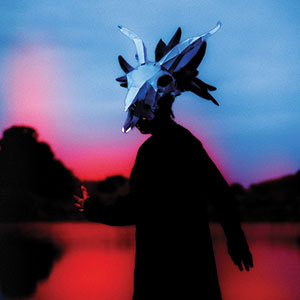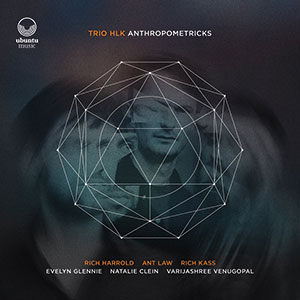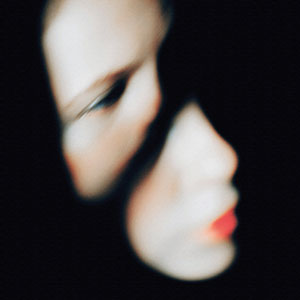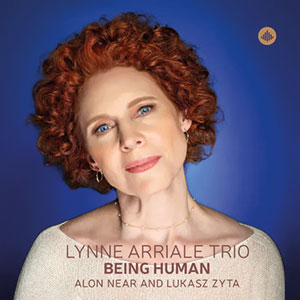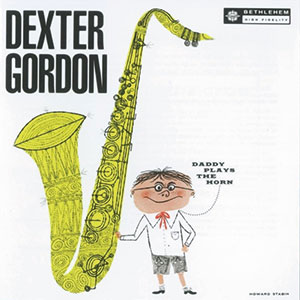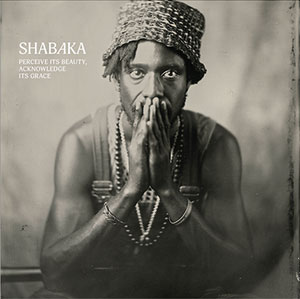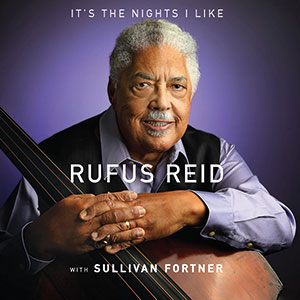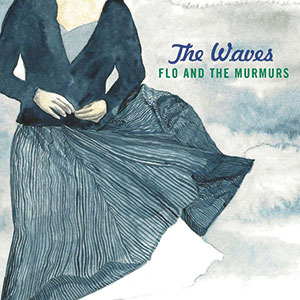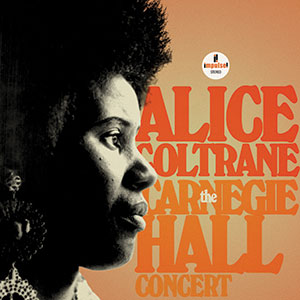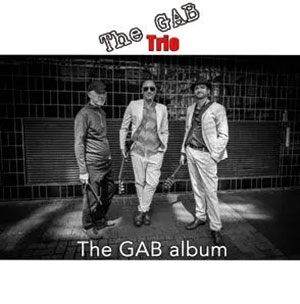Video of the Day: Equal Spirits share 'Jo'burg' from debut album ahead of UK live dates
- Friday, April 19, 2024
- News
The multi-talented band releases its new album on 26 April on Ubuntu Music with live dates at Rich Mix on 4 May and Tobacco Factory in Bristol on 5 May



































